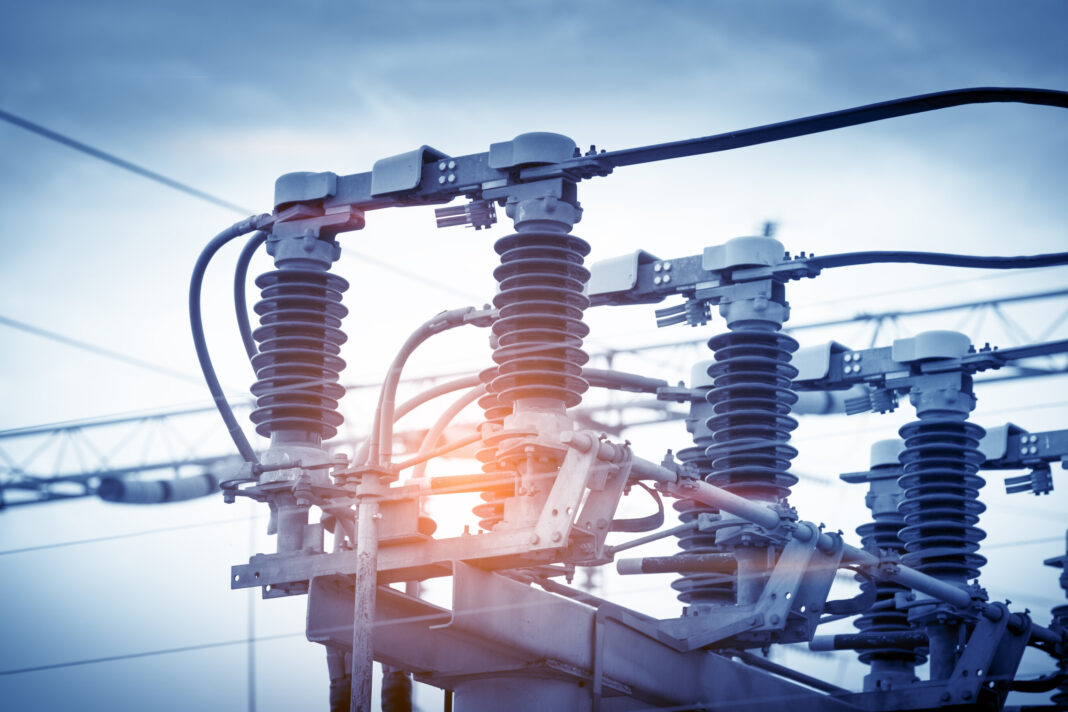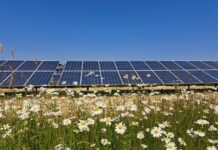
APPROVAL has been granted for the build of the world’s first 400kV green gas for grid (g3) substation in Kintore.
SSEN Transmission welcomed the planning approval from Aberdeenshire Council. The renewable energy operator said that the innovative clean gas technology will result in a reduction of emissions equivalent to removing 138,000 cars from Britain’s roads.
The new substation will be built to the west of the existing substation at Leylodge, with SSEN Transmission saying it will be a key component to its reinforcement and improvement of the transmission network in the north east and east coast of Scotland.
The organisation also said that it will facilitate the connection of new renewable electricity to the national grid and will also help control the flow of energy across the north east – supporting the country’s target of reaching net zero.
The substation has also been developed in line with SSEN Transmission’s sustainability strategy, with the organisation saying biodiversity considerations helped inform every stage of the project lifecycle. SSEN Transmission has also committed that the project will be constructed with ‘no net loss’ of biodiversity and ecosystems, ensuring that surrounding environment is left ‘no worse off’, whilst actively seeking opportunities to improve the areas bio-diversity.
Lead project manager, Alison Hall, said, “We welcome the decision by Aberdeenshire Council to grant consent for Kintore 400kV substation. Once constructed it will play a key role in unlocking the north east’s renewable electricity potential.
“Kintore substation will be the first of its kind to use fully green gas for grid (g3) technology at 400kV and marks a key milestone on our journey to building a network for net zero.
“We would like to thank the local community for their engagement and feedback throughout the project’s development to date. As a responsible developer, we will continue to work closely with the local community throughout the construction phase of the substation, seeking to mitigate the impact of our works and minimise disruption where possible.”
SSEN Renewable said that work on the substation is scheduled to commence in June 2021 and is expected to take approximately 2 years to complete phase 1, with phase 2 completing in 2026 with energisation of the 400kV upgrade of the east coast transmission network.








